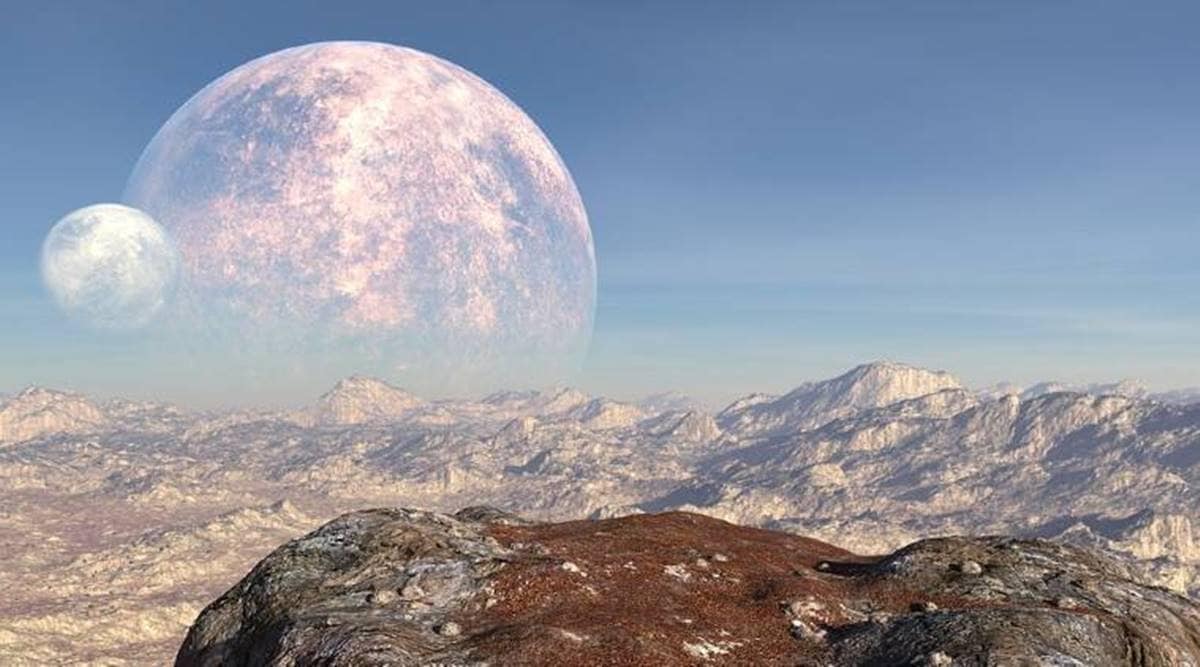 Jupiter, Saturn and Sun will be in a straight line (Representational image: Pixabay/Sergeitokmakov)
Jupiter, Saturn and Sun will be in a straight line (Representational image: Pixabay/Sergeitokmakov)2020 has been a good year for the skygazers with meteor showers and rare celestial events lighting up the night sky. The last month has another celestial event in store for us as Jupiter and Saturn will appear to be shining as one bright star in the night sky on December 21. What makes the ‘Great Conjunction 2020’ event so rare is that this particular conjunction will see the two planets come really close, separated by just one-tenth of a degree. The last time they were so close back to July 16, 1623, which is almost four centuries ago.
Jupiter and Saturn have appeared close to each other for a while and will continue to get closer till December 21. Talking about their orbit, Jupiter takes less than 12 Earth years to complete an orbit around the sun whereas Saturn takes more than 29 years. Approximately, every 20 years they come close to each other while revolving around the sun, but this particular rendezvous will be the closest in nearly 400 years.
This event is also called heliocentric conjunction as the two gas giants of our solar system will align with the sun. Skygazers will be able to spot the planets in the night sky by looking towards the southwest. People may confuse it with reddish Mars as well, which has a similar brightness towards the eastern sky you will be looking at.
However, the event can be sighted in India in its full capacity only if pollution clears out before the last two weeks of next month. Especially, in North India, the air quality has taken a hit due to stubble burning in nearby states like Punjab. During the lockdown, people were able to observe stars and celestial events in bright clear skies because of decreased pollution. The situation may even get worse if firecrackers are burnt around the Diwali festival on November 14. With decreased wind speeds in the winter season and fog taking over the skies, the event may be hard to observe.
Express Tech is now on Telegram. Click here to join our channel (@expresstechie) and stay updated with the latest tech news.